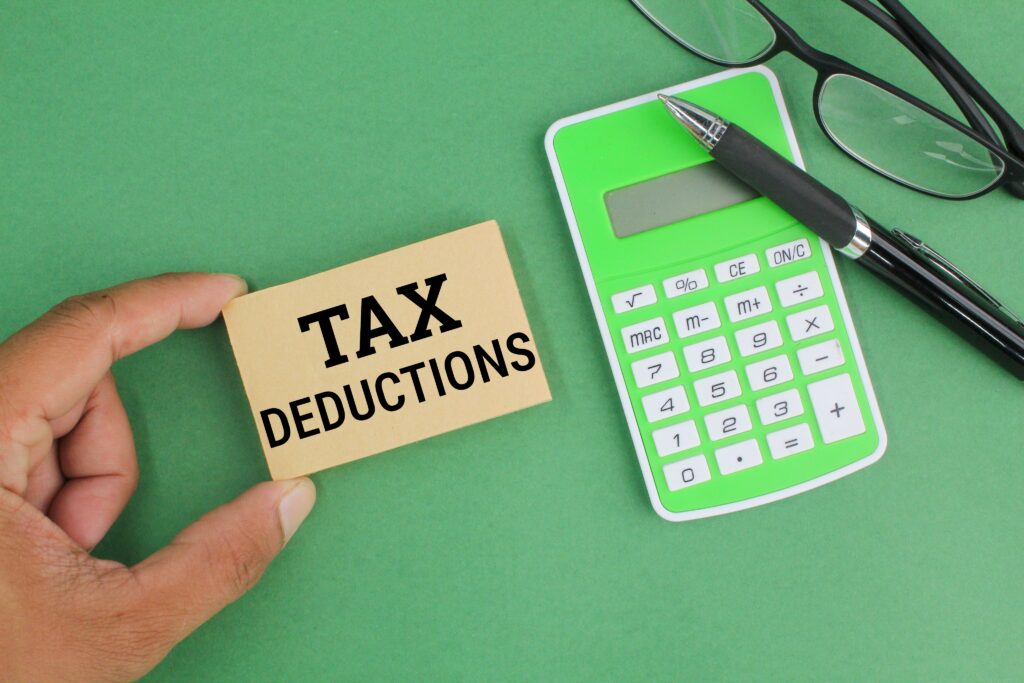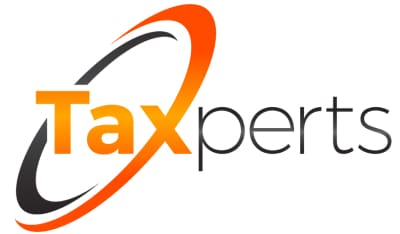Tax deductions can be a source of confusion for many taxpayers. However, understanding them is crucial for maximizing your tax return. In this comprehensive guide, we will shed light on common tax deductions, helping you make the most of your tax return.
Understanding Tax Deductions
Tax deductions are expenses that you can subtract from your taxable income to reduce your overall tax liability. Essentially, they help you keep more of your hard-earned money. There are two primary types of deductions: standard and itemized.
Standard vs. Itemized Deductions
The first decision you’ll need to make when filing your taxes is whether to take the standard deduction or itemize your deductions. The standard deduction is a fixed amount that reduces your taxable income. It’s straightforward and hassle-free. On the other hand, itemized deductions involve listing each deductible expense individually, which can result in greater tax savings if your eligible expenses exceed the standard deduction.
Common Deductions Explained

Let’s delve into some common deductions that many taxpayers can take advantage of:
1. Mortgage Interest: If you’re a homeowner, you can deduct the interest you paid on your mortgage loan. This can be a substantial deduction, particularly in the early years of your mortgage when most of your payment goes toward interest.
2. Charitable Contributions: When you donate to qualified charitable organizations, those contributions are typically deductible. Keep detailed records of your donations, including receipts, to claim this deduction.
3. Medical Expenses: Certain medical expenses that exceed a certain percentage of your adjusted gross income (AGI) can be deducted. This includes things like doctor’s visits, prescriptions, and medical equipment costs.
4. Education Expenses: If you or your dependents are pursuing higher education, there are several tax credits and deductions available to help offset education expenses.
5. Home Office Deductions: If you use a portion of your home exclusively for business purposes, you may be eligible for a home office deduction. This can include expenses related to your home office space and utilities.
Maximizing Your Deductions
To make the most of your deductions:
- Keep accurate records of your expenses and donations.
- Ensure you meet the eligibility criteria for each deduction.
- Consider working with a tax professional who can provide expert guidance.
Conclusion
By now, you should have a clearer understanding of tax deductions and how to maximize them to reduce your tax liability. Remember that tax laws can change, so staying informed and seeking professional advice when needed is essential. With the right knowledge and careful record-keeping, you can make tax deductions work in your favor, helping you keep more of your money where it belongs – in your pocket.
Stay tuned for more tax-related insights and tips from Taxperts!

